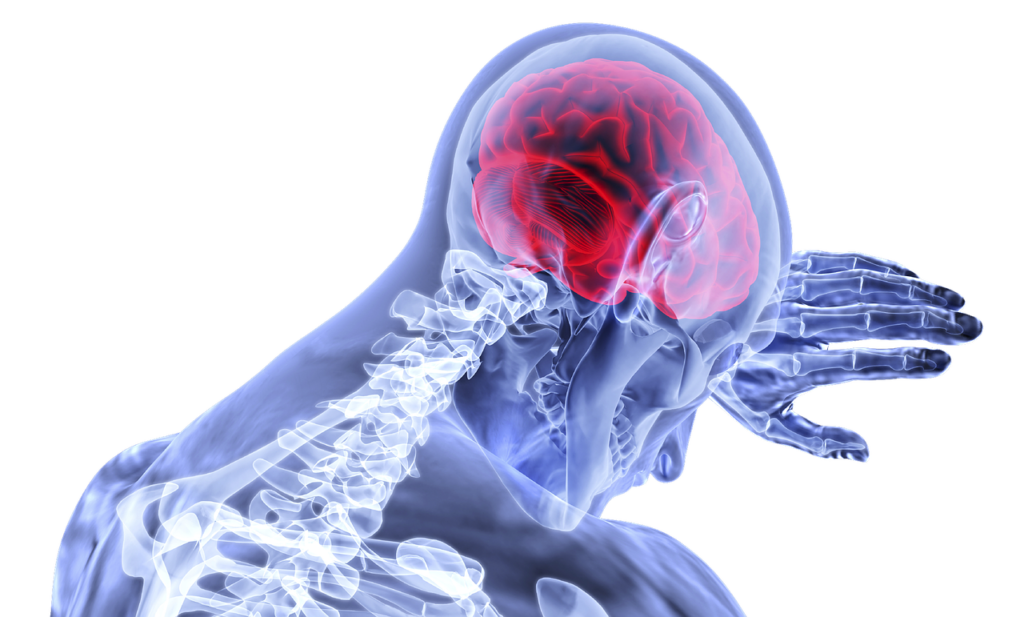News
Researchers use machine-learning model to predict concussion recovery times

One of the most difficult parts of treating concussions is predicting how long it will take an individual to recover after their injury. While most people will recover from a concussion within approximately seven-to-ten days, others can take several weeks or even a couple months before they are ready to fully return to school and sports.
This is particularly tough for athletes, who tend to be strongly focused on how soon they can return to the game after a concussion.
Now, a team of researchers from Florida Atlantic University’s College of Engineering and Computer Science and SIOTEC Analytics believes they are developing an objective way to accurately predict an individual’s recovery time after sports-related concussions using machine-learning.
By feeding a wealth of data about sports-related concussion and their symptoms – such as headaches, dizziness, and fatigue – the researchers are developing a system to accurately estimate concussion recovery times.
As the team explains in a report published in the journal Medicine & Science in Sports & Exercise, the tool isn’t intended to be a definitive estimate of recovery times. Instead, they believe it can be used as a foundation for evaluating and developing personalized recovery plans for injured athletes.
For the project, the researchers used data from the National Athletic Treatment, Injury and Outcomes Network (NATION), which is an injury surveillance program monitoring injuries in high-school student athletes. It included data on 2,004 concussion incidents across 22 sports, including football, wrestling, field hockey, soccer, and basketball.
The team then used this data to create two datasets. One included 922 concussions in football, while the other was comprised of 689 concussions from other contact sports – for a total of 1,611 concussion incidents in all contact sports.
The data sets also included data on the most common symptoms following sports-related concussions, including headache (94.4%), dizziness (74.3%), and difficulty concentrating (61.1%%).
Using all this information, the team developed a machine learning-based model which estimated recovery times for concussion-related symptoms within seven, 14, and 28 days, using 10 classification algorithms.
“We have introduced a cutting-edge approach and new clinical tool to manage sports-related concussions, which will measurably improve with more and more inclusive data,” said Taghi Khoshgoftaar, Ph.D., co-author and Motorola professor in FAU’s Department of Computer and Electrical Engineering and Computer Science, who collaborated with lead author Michael F. Bergeron, Ph.D., senior vice president of development and applications at SIVOTEC Analytics, and Sara Landset, co-author and a Ph.D. student at FAU. “Our supervised machine learning method has demonstrated efficacy and warrants further exploration.”
“It is really important to be able to promptly identify those athletes who are going to need more time to recover after incurring their concussion,” said Bergeron. “The ability to predict recovery time using machine learning will help to augment an effective stratified approach to care. This also can help with realistic expectations of the student-athlete, as well as provide important insight and perspective for parents, coaches and teachers.”



